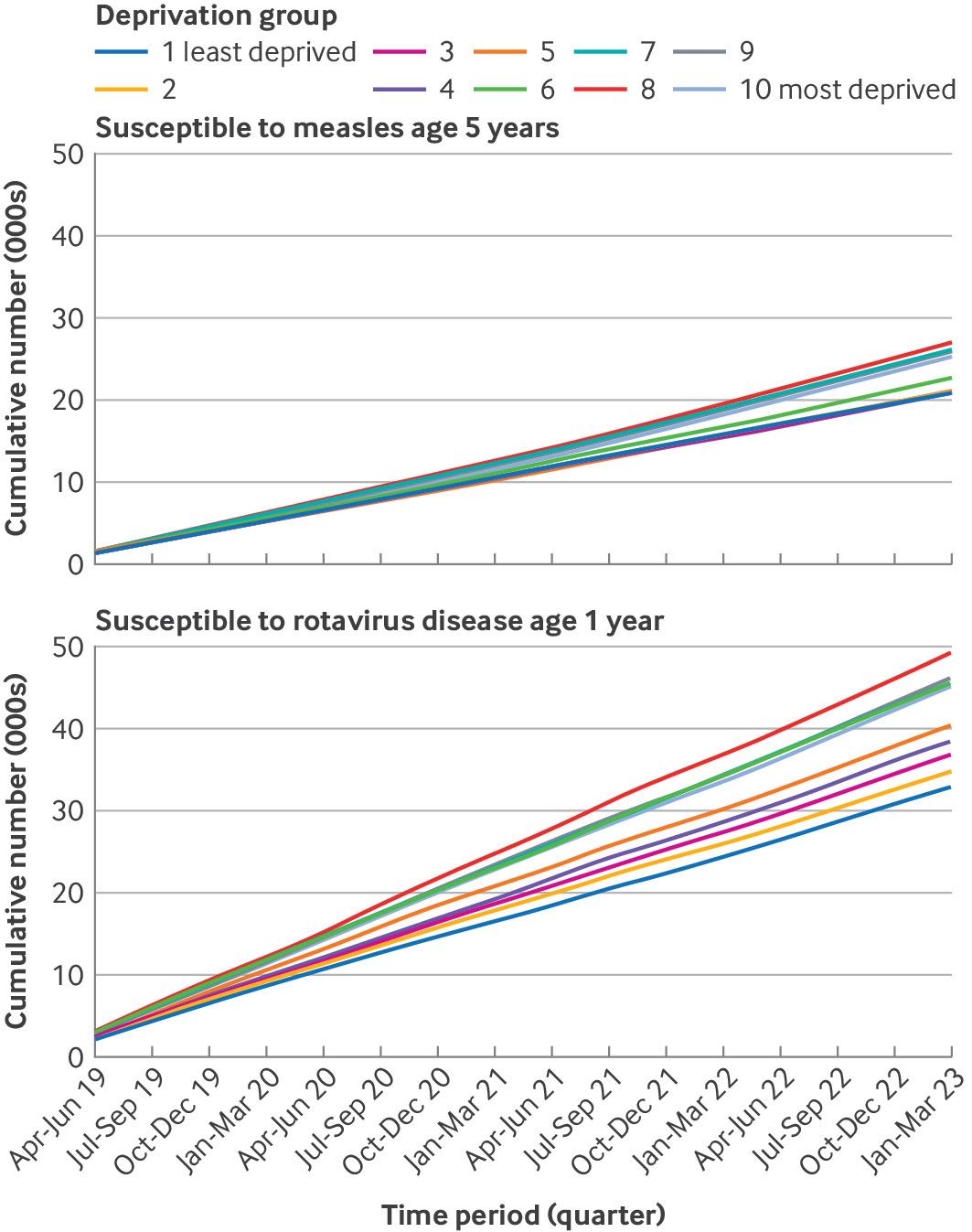
A world absent of vaccines would be markedly different from our current reality. Vaccines have been crucial in managing and eliminating a multitude of infectious diseases throughout history. Prior to the introduction of vaccines, communities grappled with widespread outbreaks, elevated mortality rates, and the long-term effects of infectious illnesses.
**Reemergence of Eradicated Diseases**
In a scenario lacking vaccines, diseases that are presently controlled or eradicated might reappear. Smallpox serves as a notable example. This illness claimed millions of lives and was eradicated through an extensive vaccination initiative led by the World Health Organization in 1980. In the absence of vaccines, smallpox would likely resurface, representing a significant threat to global health, as it historically killed a third of those infected.
**Increased Morbidity and Mortality**
Conditions such as polio would also reemerge. Prior to the introduction of the polio vaccine, outbreaks resulted in thousands of children being paralyzed. The vaccine reduced cases in the U.S. from 58,000 annually to just a few. Without it, communities around the globe would confront the devastating consequences of such diseases once more, including paralysis and death.
**Massive Healthcare Strain**
Healthcare systems would be overwhelmed by preventable diseases, diverting essential resources from other urgent areas. Hospitals would be flooded with patients suffering from ailments like measles, mumps, and rubella, all of which have been significantly managed through vaccination.
**Global Economic Impact**
The economic consequences would be profound. Outbreaks hinder trade and travel, affect workforce efficiency, and necessitate considerable financial resources for healthcare and emergency responses. Vaccines offer economic advantages by averting disease outbreaks and safeguarding public health.
**Loss of Herd Immunity**
Herd immunity shields those unable to receive vaccinations for medical reasons by minimizing disease transmission within a community. Without vaccinations, this protective shield would disappear, placing the most vulnerable groups at considerable risk.
**Conclusion**
A world without vaccines would encounter frequent and severe outbreaks of diseases once under control, increased morbidity and mortality rates, and significant pressure on healthcare systems and economies. Vaccines are vital for preserving public health and averting the catastrophic consequences of infectious diseases.